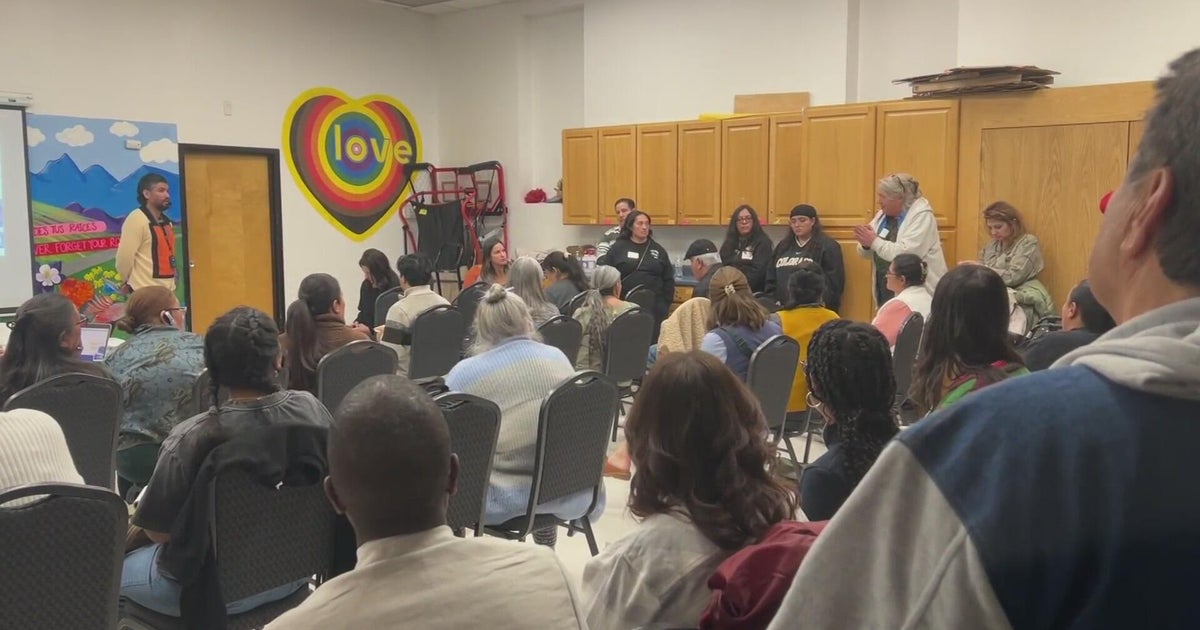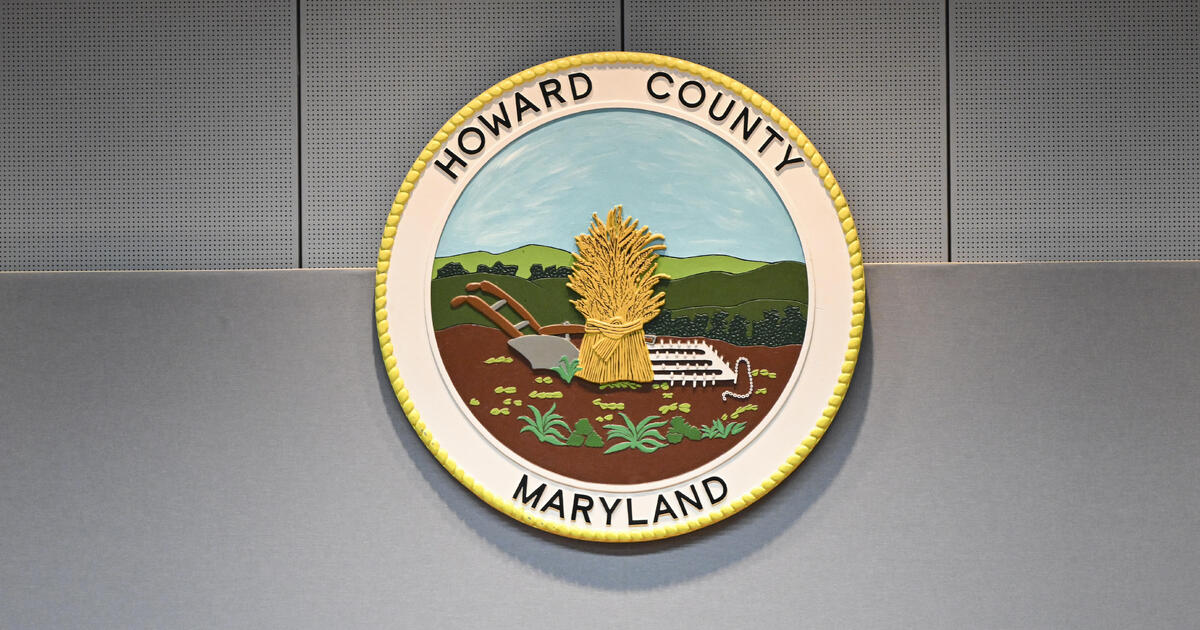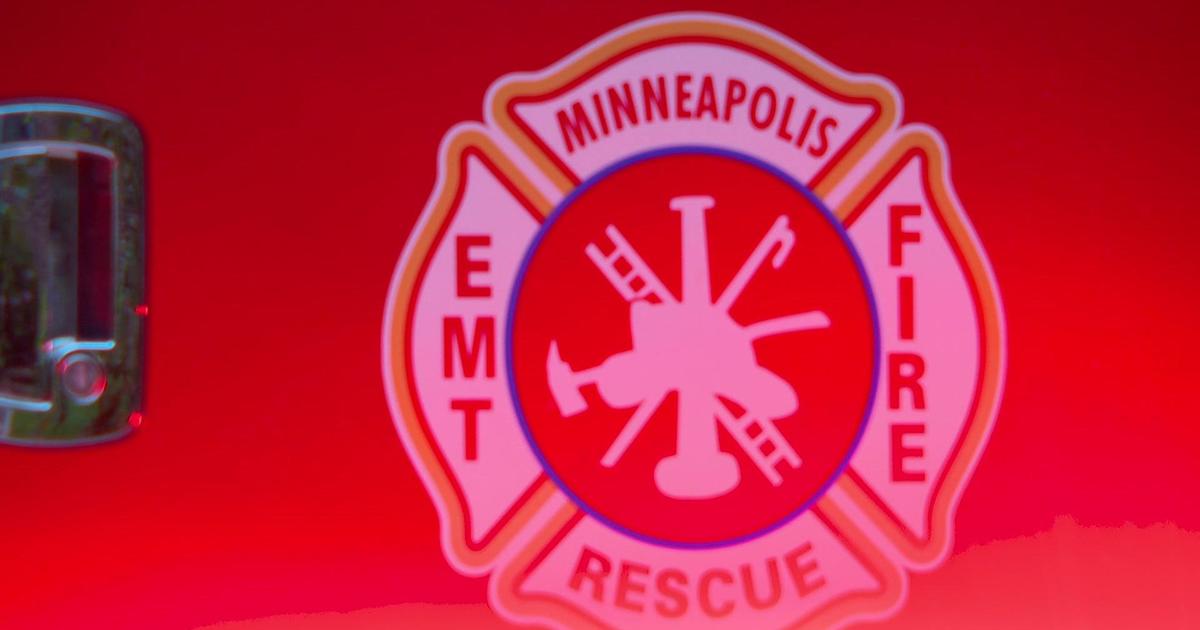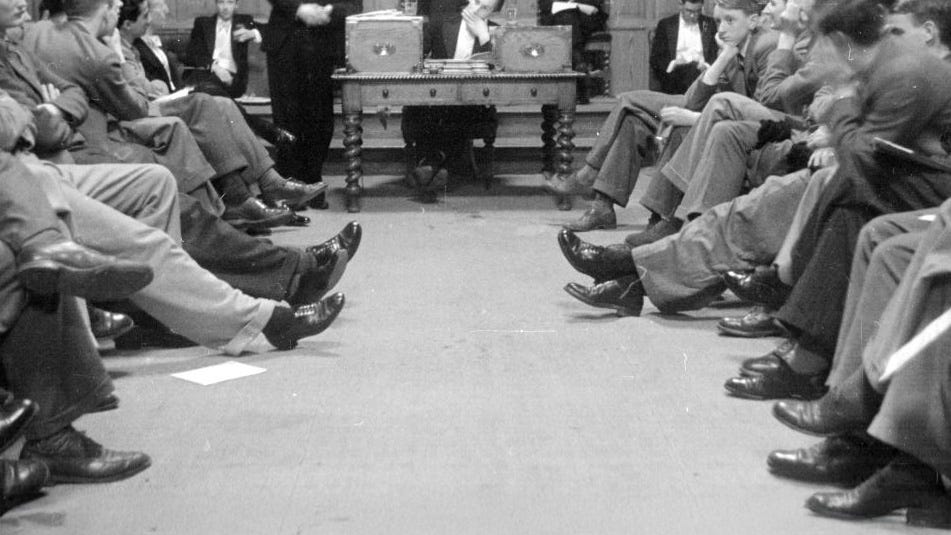SBA enhances disaster loan program citing Delta variant challenges
The Small Business Administration on Thursday announced improvements to its disaster loan program in an effort to help more small businesses access financial support from the government as the Delta variant of COVID-19 continues to trip up business operations nationwide.
For one, the SBA is raising loan limits in its Economic Injury Disaster Loan program — low-interest loans to be paid back over 30 years — from $500,000 to $2 million. Funds may be used for any operating expenses, including purchasing equipment and making payments on debt.
The SBA is also deferring repayment of the loans for two years after their origination to give small business owners the leeway to "get through the pandemic without having to worry about making ends meet," the SBA said in a statement Thursday.
For 30 days, the SBA will only approve and disburse funds for loans of $500,000 or less, to ensure that the smallest businesses have access to relief funds.
The SBA has also streamlined the application, approval and disbursement processes to deliver more aid to businesses. Eligible businesses can apply for loans through the SBA's website through December 31, 2021. Recipients of Paycheck Protection Program loans may also apply for EIDL funds.
Today, the SBA is processing more than 37,000 applications daily, up from roughly 2,000 a day earlier in the pandemic. Loan officer productivity has increased from 1.86 applications per day to 15 per day, according to the administration. The SBA says it has cleared its black log of applications and is processing new applications immediately.
"The SBA's COVID Economic Injury Disaster Loan program offers a lifeline to millions of small businesses who are still being impacted by the pandemic," said SBA Administrator Isabella Casillas Guzman in a statement Thursday. "We've retooled this critical program — increasing the borrowing limit to $2 million, offering 24 months of deferment, and expanding flexibility to allow borrowers to pay down higher-interest business debt."
The SBA's goal is "to ensure every entrepreneur who needs help can get the capital they need to reopen, recover and rebuild," added Guzman.
Struggling to access capital
Small business owners still struggling to access capital say they appreciate the initiative.
Forty-four percent of small business owners say they have less than three months in cash reserves, and only 31% of small business owners report being very confident they could get access to capital if they needed it, according to a Goldman Sachs report. Black business owners are faring even worse, according to the survey of more than 1,100 small businesses. More than 50% of Black-owned small businesses have less than three months cash on hand, and only 20% of Black-owned small businesses report being very confident in their access to capital, the report found.
"We are encouraged and relieved to see the Biden Administration prioritizing access to capital for small businesses by updating and expanding the COVID-19 Economic Injury Disaster Loan (EIDL) Program," said Jessica Johnson-Cope, Chair of Goldman Sachs 10,000 Small Businesses Voices National Leadership Council and owner of Johnson Security Bureau in The Bronx, NY. "This will help small business owners like me receive access to affordable working capital as we continue to face ongoing challenges on the road to recovery."



